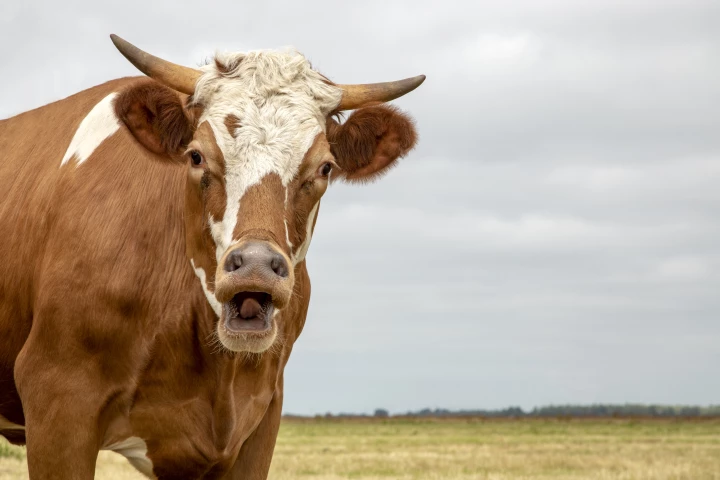University of Newcastle
-
In case you haven't heard, the methane in cow burps is a major source of greenhouse gases. There may be a new way of addressing that problem, however, as a recent study shows that feeding cows clay reduces their methane emissions by over 30%.
-
A new brain imaging study is claiming misophonia, a condition where certain sounds trigger deeply unpleasant physical responses, could be related to an over-sensitive brain pathway responsible for mirroring behaviors in others.
-
A surprisingly simple new energy storage system is built on blocks that store thermal energy like melted chocolate chips in a muffin. The team says they’re efficient, scalable, safe, inexpensive, and can be used in existing coal-fired power plants.
-
Microplastic pollution is a growing problem, as tiny fragments of plastic enter the environment from sources like tires and synthetic fabrics. A new study now suggests that even activities such as opening plastic bags may be a contributing factor.
-
When Parkinson’s patients are diagnosed with the condition, there are still many unknowns around how the disease will impact their lives. While it is no crystal ball, a new blood test is offering hope of better patient management.
-
Post traumatic stress disorder, depression and anxiety can all be quite serious conditions, but it's often difficult to determine who may be prone to developing them. New research suggests that in order to find out, we should perhaps look to a person's skin.
-
Healthcare-associated infections are definitely no good, but neither is the overuse of antibiotics, as it creates resistant strains of bacteria. With that in mind, a new type of medical glove has been developed, that kills microbes without the use of added chemicals.
-
In a move that could revolutionize the development of new cancer treatments, researchers from the University of Newcastle and the Hunter Medical Research Institute (HMRI) have created the world's first virtual platform to host 3D copies of human cancer tissues.







